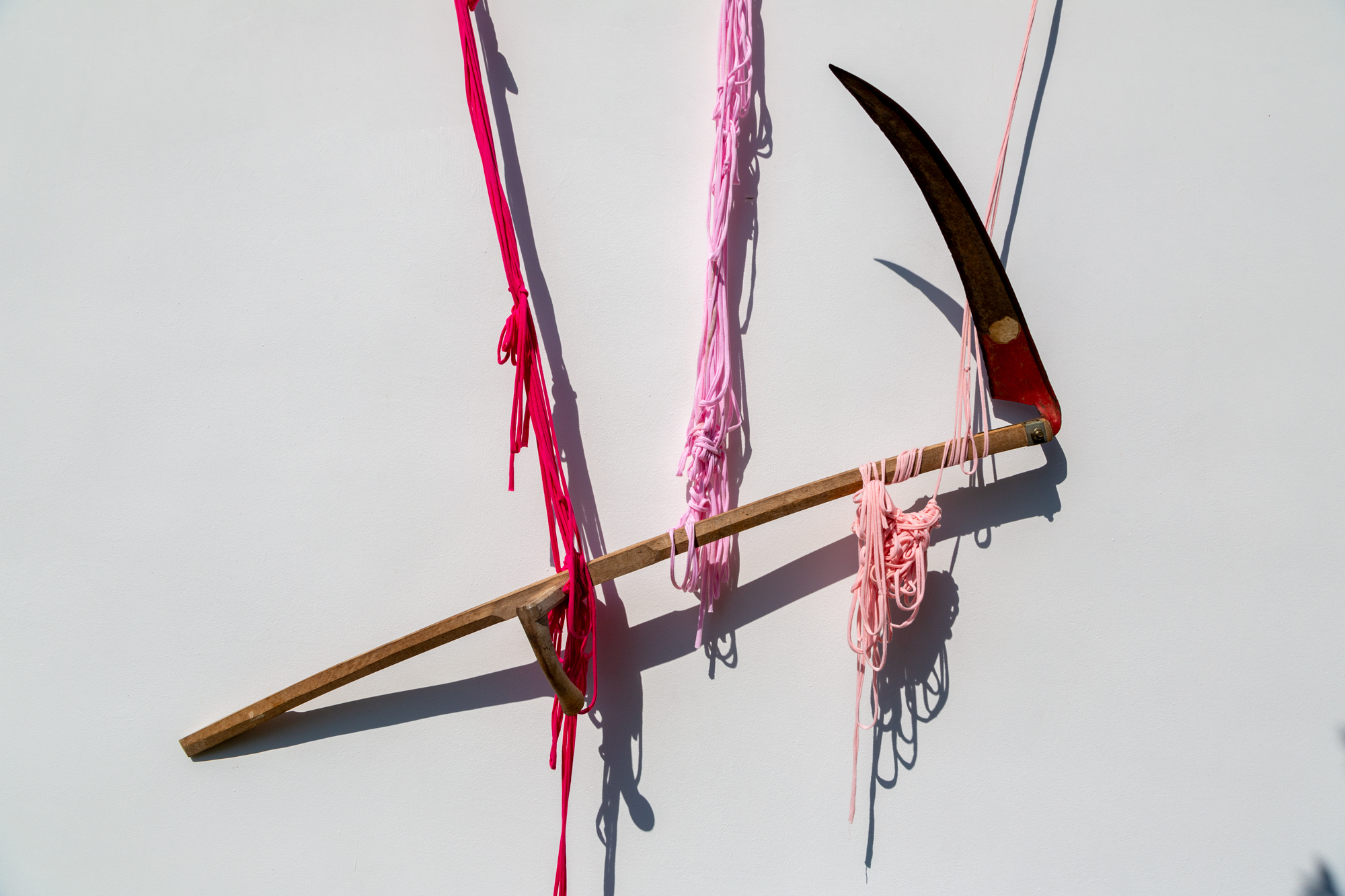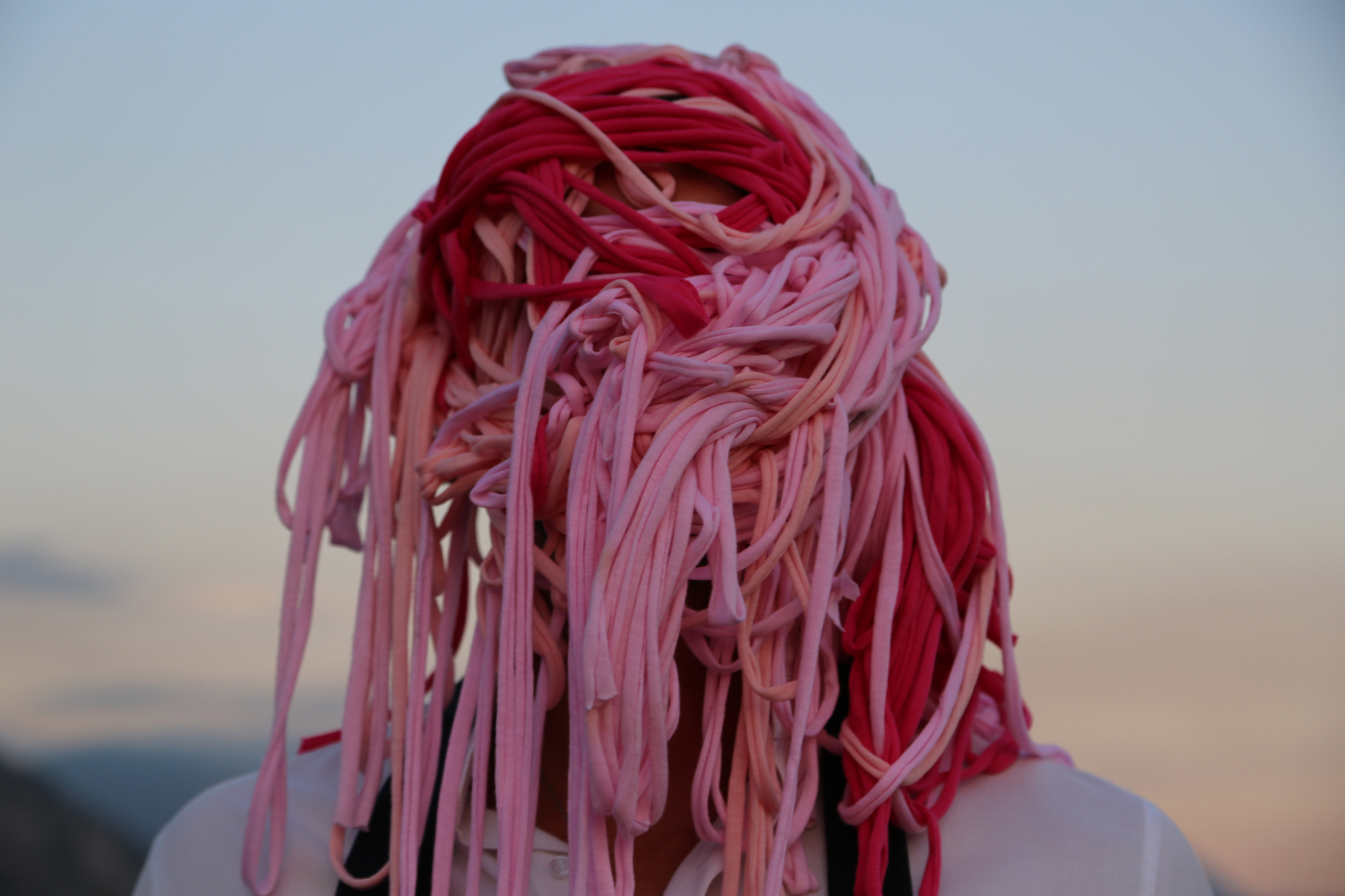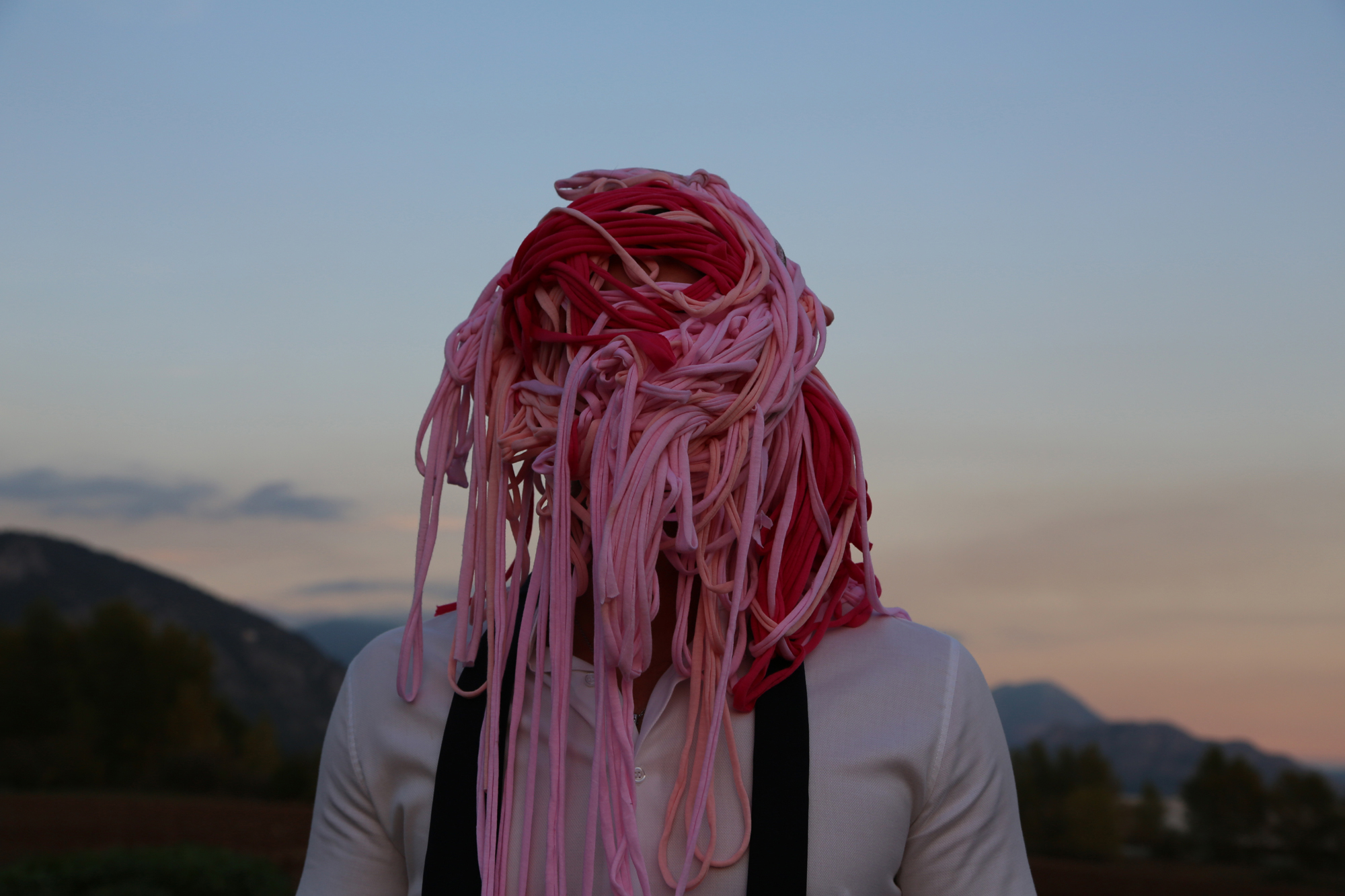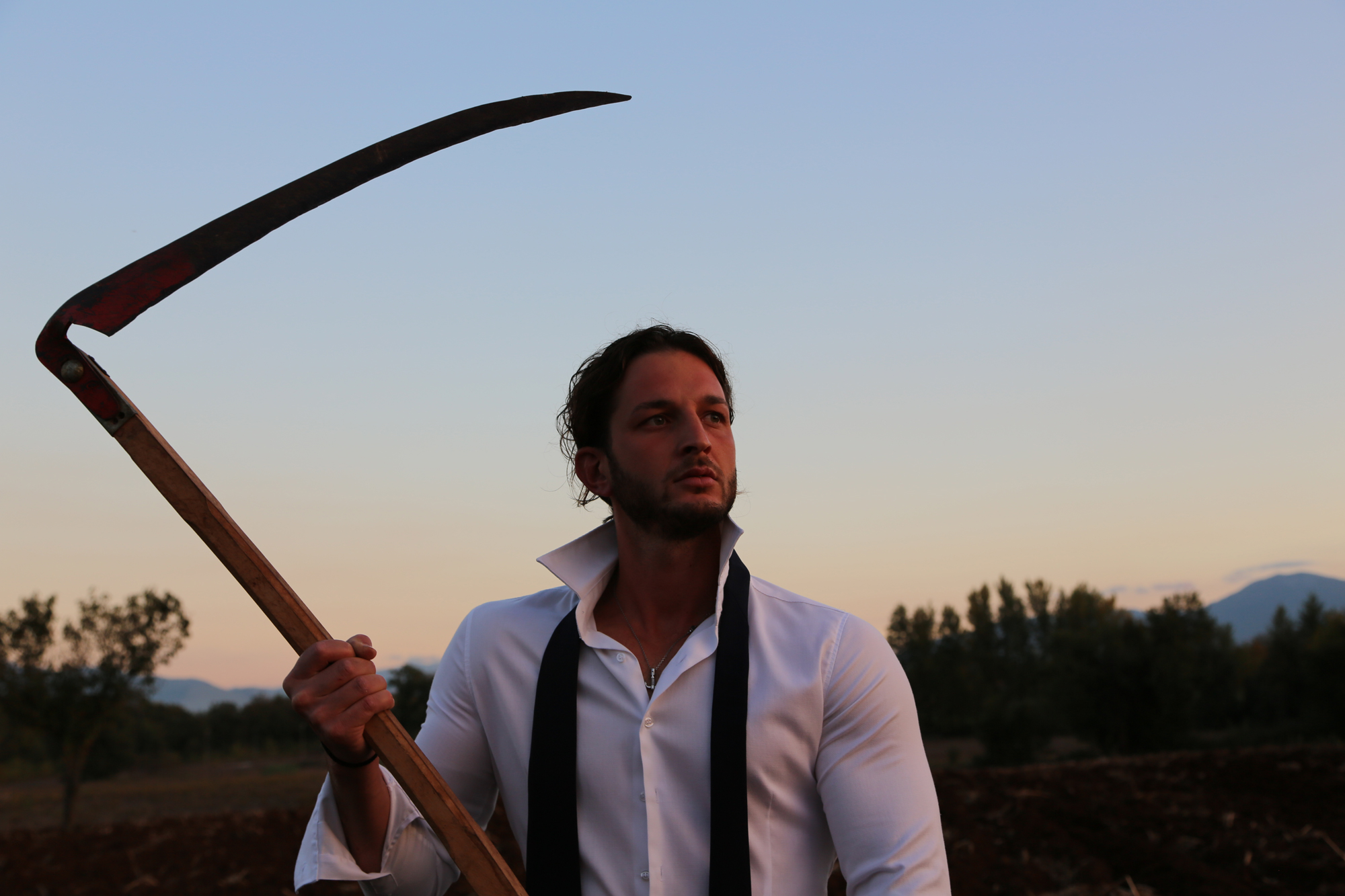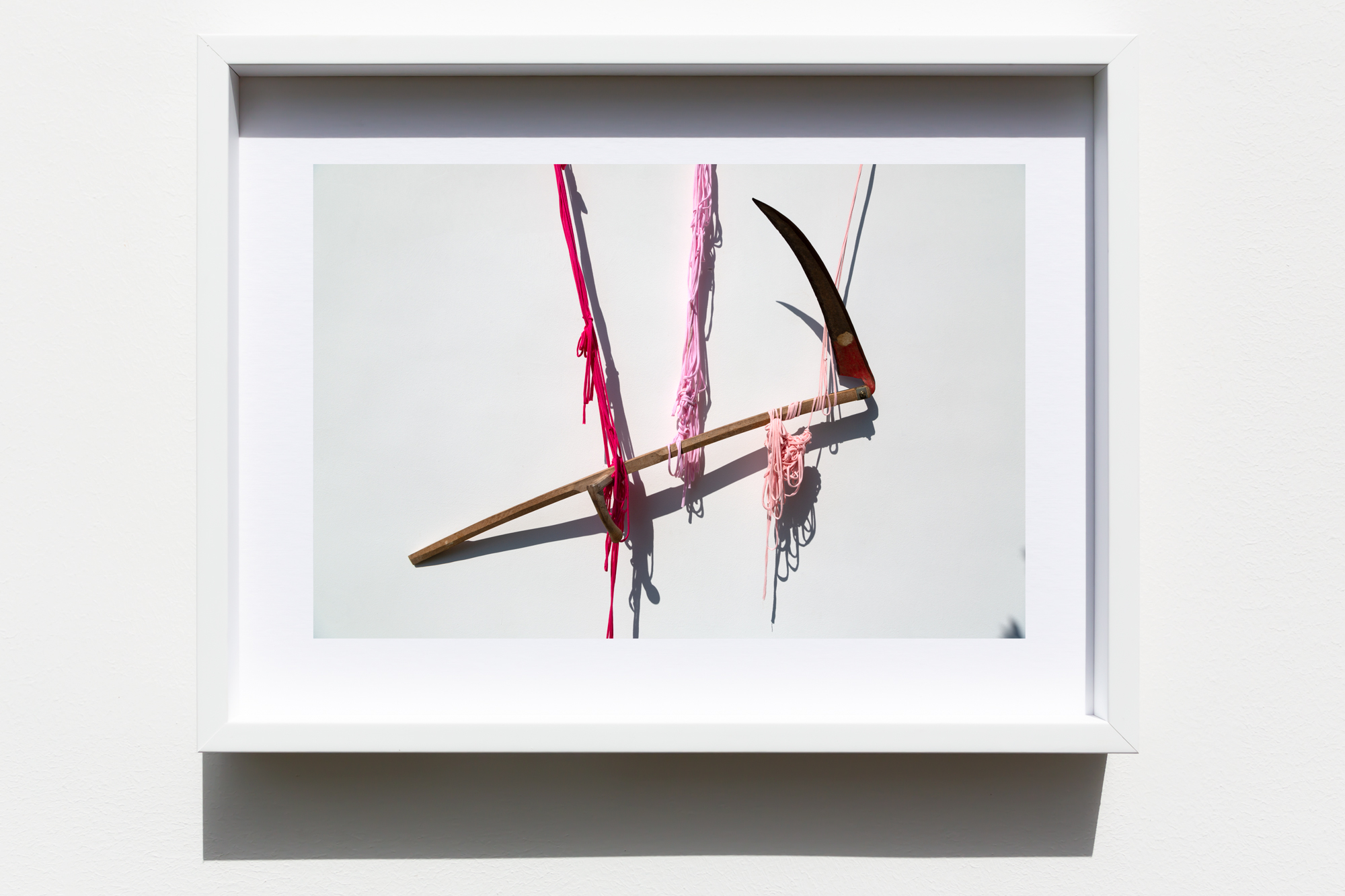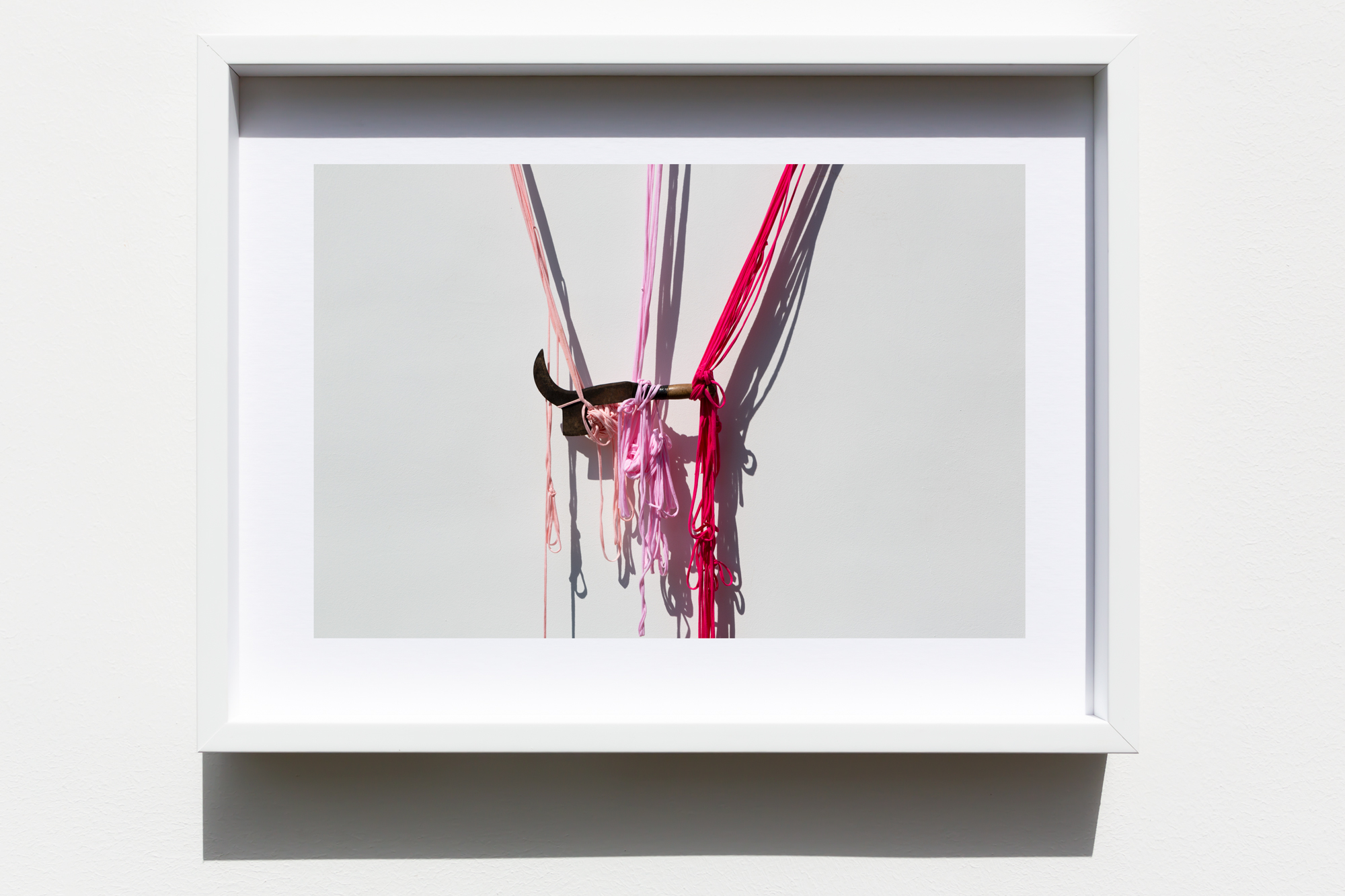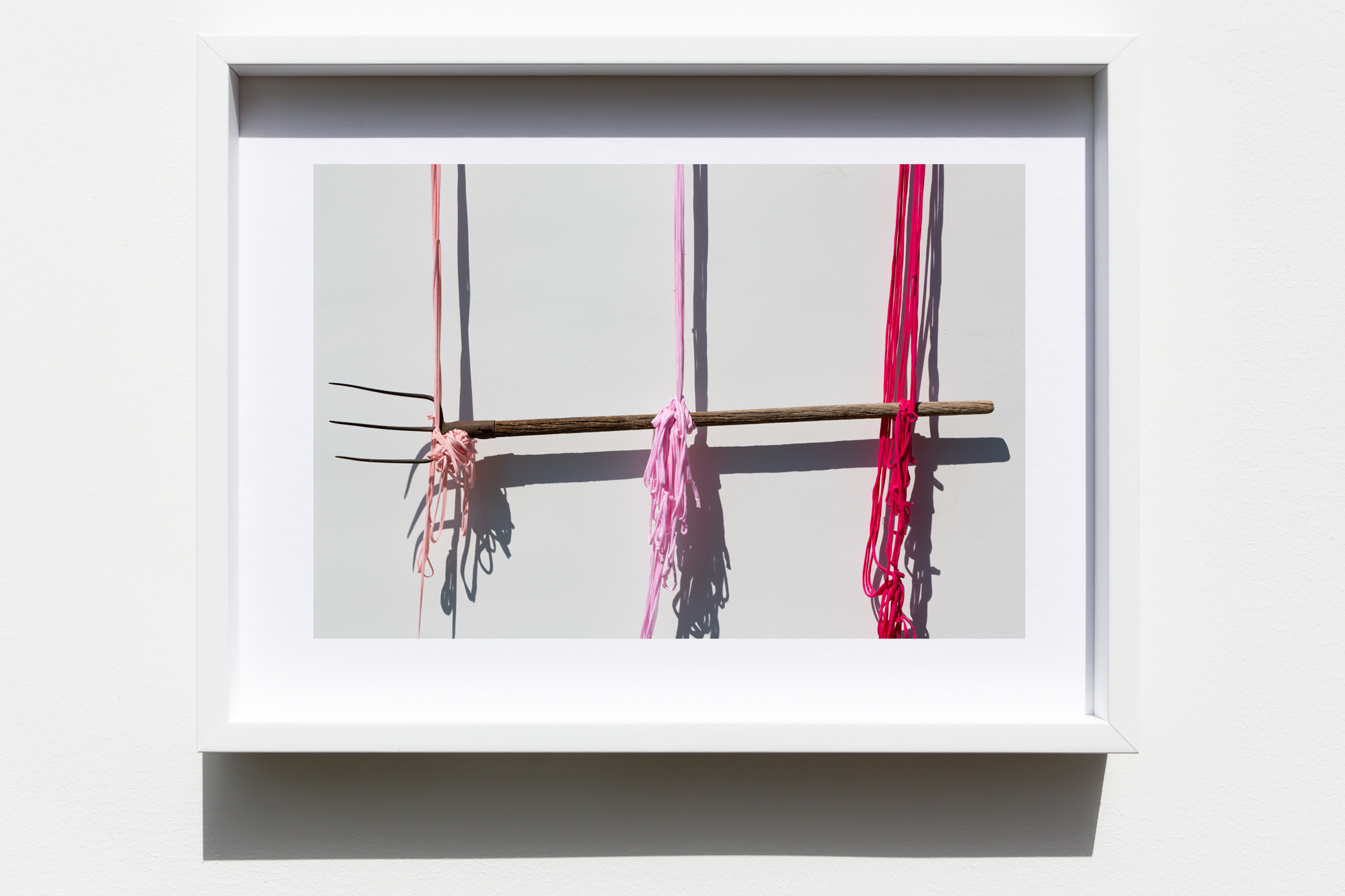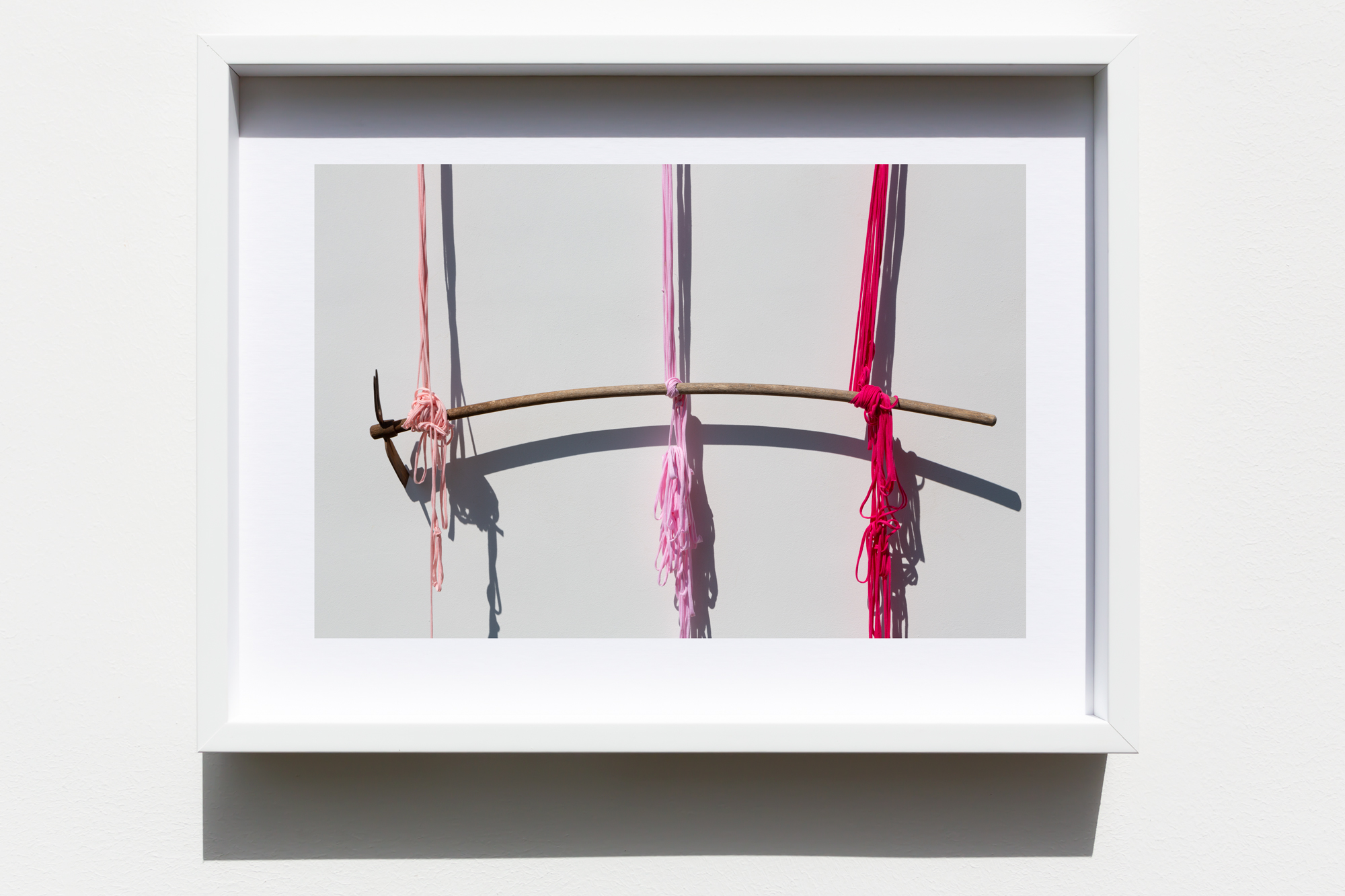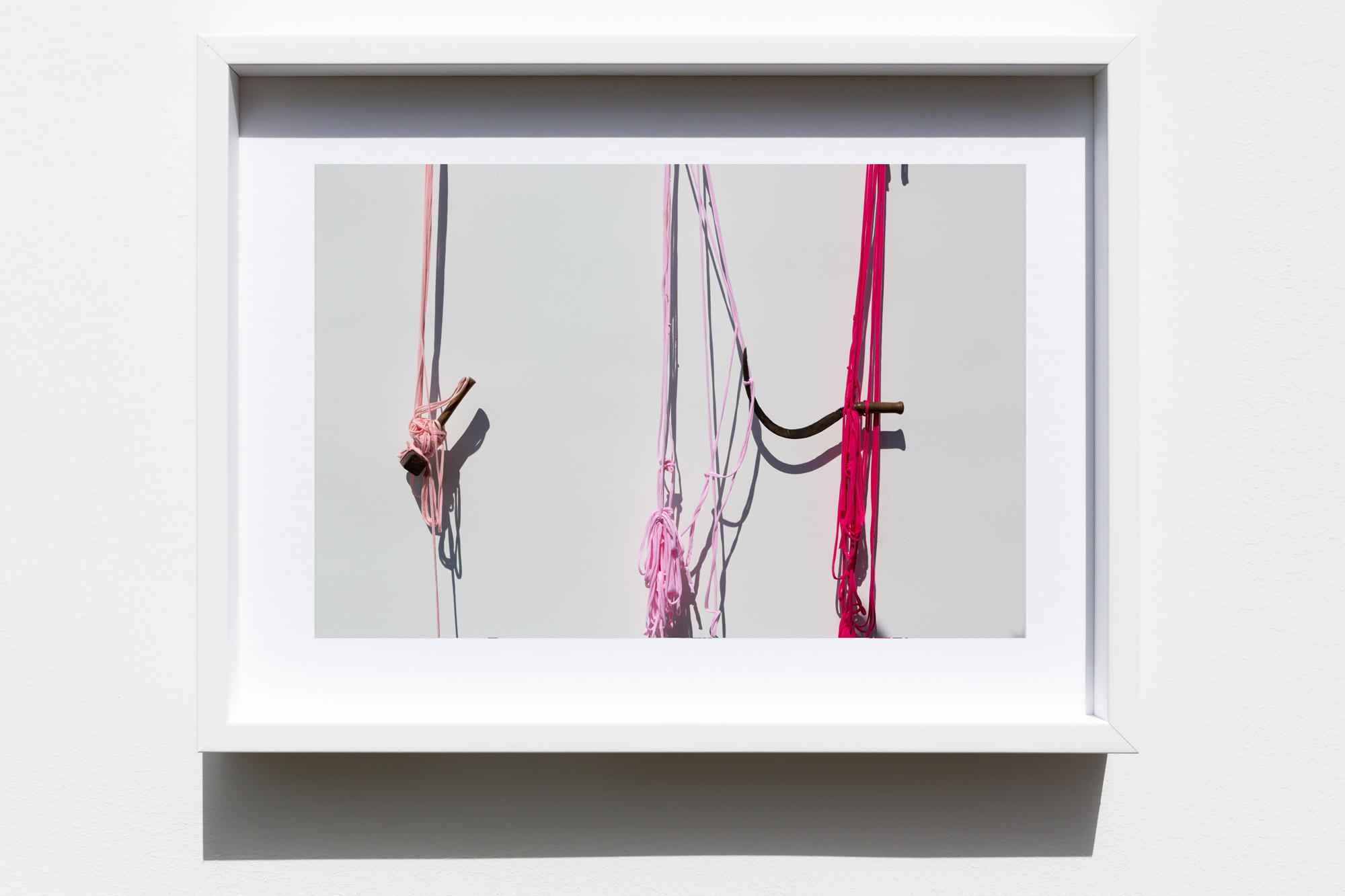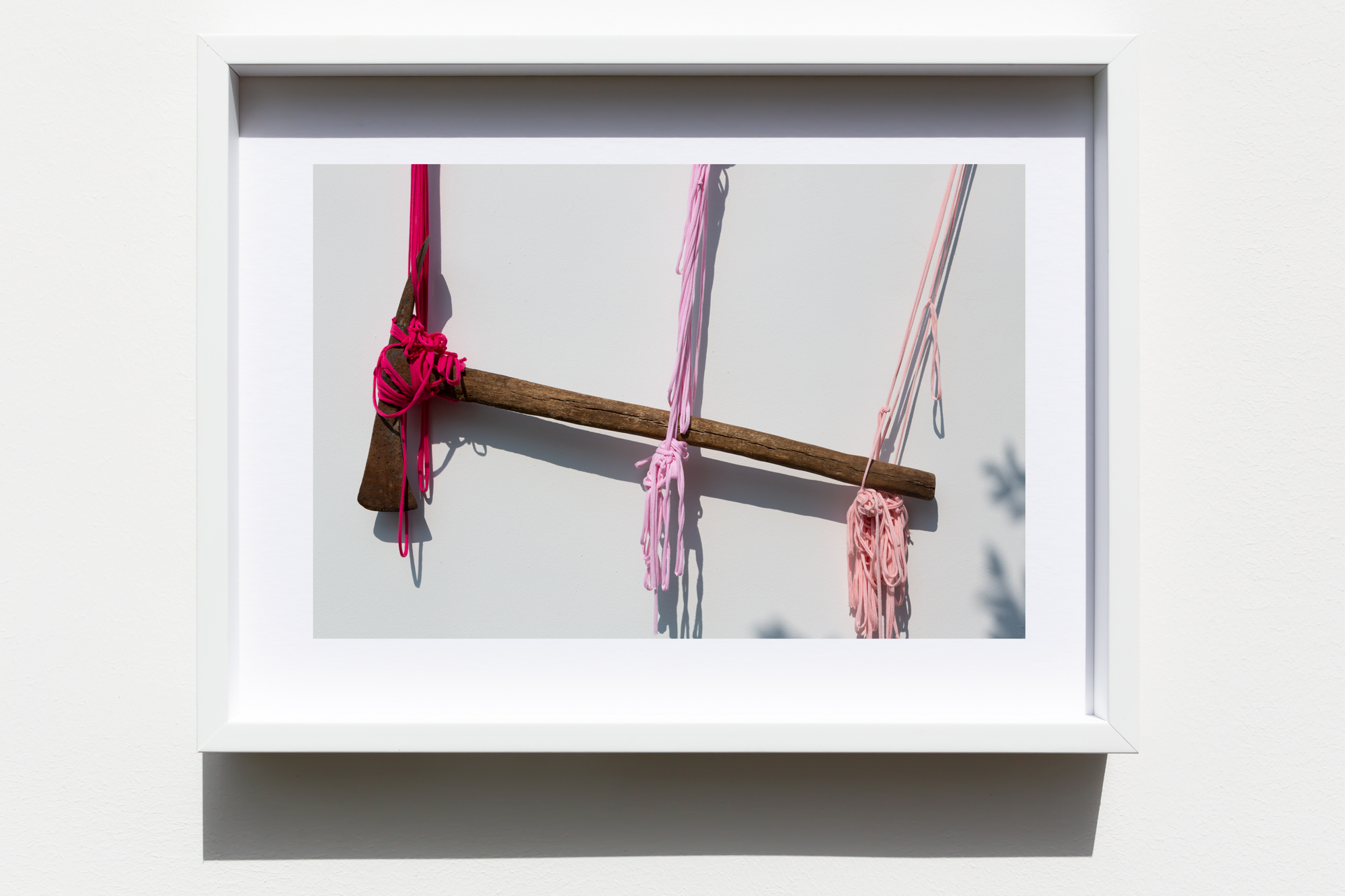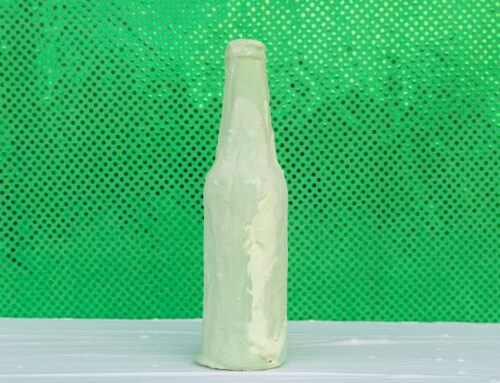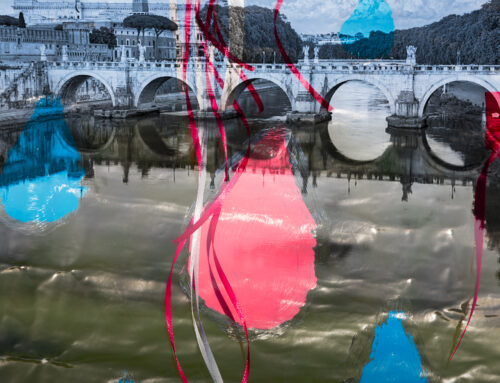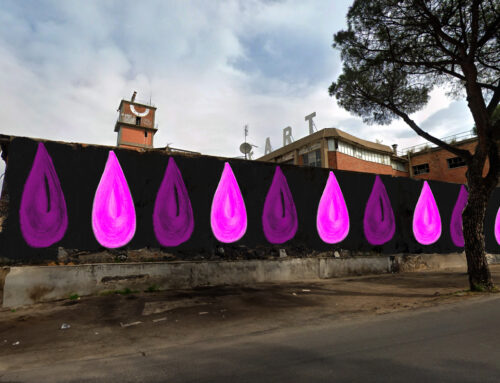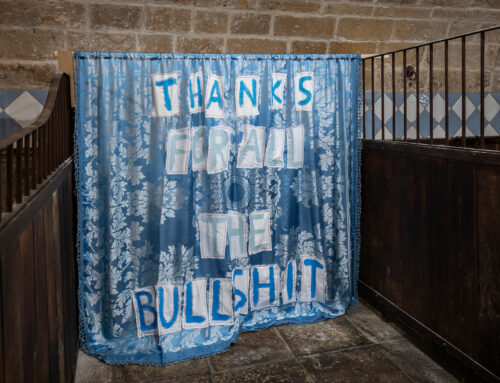“A COMPLEX WEAPON MAKES THE STRONG STRONGER, WHILE A SIMPLE WEAPON — SO LONG AS THERE IS NO ANSWER TO IT — GIVES CLAWS TO THE WEAK.”
GEORGE ORWELL
Rehearsal is one of ten sections of Lanfranco Aceti’s installation titled Preferring Sinking to Surrender which was conceived by the artist for the Italian Pavilion, Resilient Communities, curated by Alessandro Melis for the Venice Architecture Biennale, 2021. The ten sections are: Tools for Catching Clouds; Preferring Sinking to Surrender, Part I; Preferring Sinking to Surrender, Part II; Sacred Waters; Le Schiavone; Orthós; Seven Veils; Signs; Rehearsal; and The Ending of the End. These sections, singularly and collectively, create a complex narrative that responds to this year’s theme How Will We Live Together? set by Hashim Sarkis, curator of the 17th Venice Architecture Biennale.
The works of art — realized as a series of performances, installations, sculptures, video, and painting contributions — are part of the installation at the Italian Pavilion from May 21, 2021, to November 21, 2021, the opening and closing dates of the Venice Architecture Biennale.
What’s in a tool? Millennia of desires and hopes. It also holds aspiration for liberation and empowerment. A tool is also the mean to give help and dispense justice. Rehearsal is the section that with its works of art explores what does it mean to choose a tool to create opportunities for empowerment. Is there something in the inherited power of matriarchal traditions that can actually assist us to alter the course of the path of destruction that humanity has walked for over two millennia? The artist walks through the ambiguity of the meaning of progress, the ambivalent nature of everything that is created, and the shaky ethics of the hands that wield the instruments of so called progress.
Image Captions:

